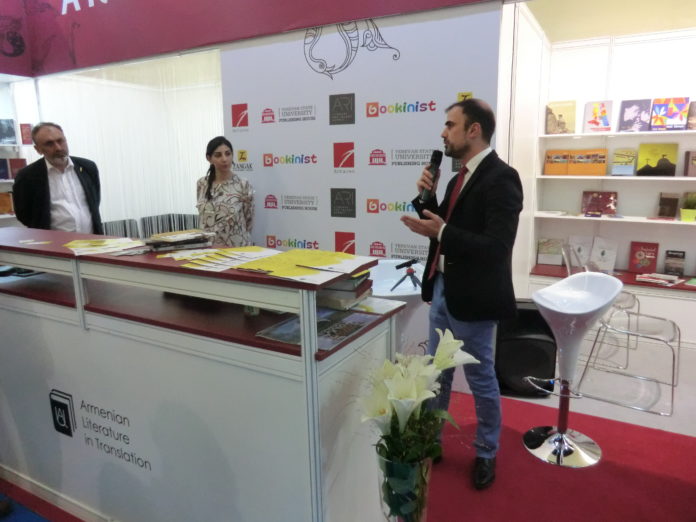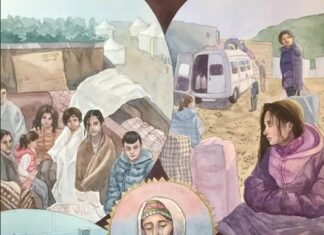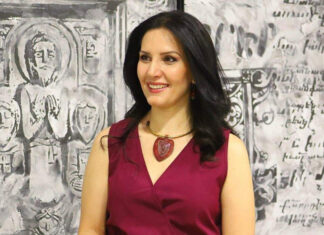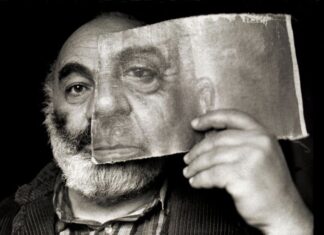FRANKFURT — “World poetry is world reconciliation.”
This line is from a poem by the German poet and philologist Friedrich Rückert (1788-1866), whose greatest gift to future generations was his immense translation work. By the end of his life he knew 42 languages, and had dedicated many years to translating works of poetry and prose, especially from the Orient, into German.
Thanks to his efforts, the German literary public gained access to the treasures of the literature and philosophy of ancient China and India, the poetry in Arabic, Farsi and Turkish, to mention just a few. It was Rückert’s deepest conviction that poetry — in the widest sense, literature — was the language through which peoples from vastly distant lands and civilizations could come to understand one another, and discover common beliefs, common sentiments and values, and share common aspirations.
Armenia has a proud and ancient tradition of translation. Thanks to the breakthrough achieved by Mesrob Mashtots (362-440), who invented the Armenian alphabet, the way was paved very early for a written literary culture in the native language. Beginning with Mesrob’s own first translations of the holy scriptures, Armenians developed a rich culture of translations, from the classical world continuing into the modern era. Testifying to the importance Armenians place on translation, there is even a holiday dedicated to their art.
So, when Deputy Minister of Culture Nerses Ter-Vardanyan presented the government’s project “Armenian Literature in Translation” at the Frankfurt Book Fair on October 13, he was essentially announcing the intention to build on this cultural heritage. In 2015, the year of the centennial of the genocide, the ministry had launched such a program, which aimed in particular at promoting translations of works dealing with the subject of the genocide. Now, as Ter-Vardanyan explained, the aim is broader; the idea is to support translations of works by Armenian authors into other languages, to make Armenian literature available to an international readership. Works of poetry and prose, as well as non-fiction studies dealing with topics related to Armenian history, politics and culture, works by Armenian authors both in Armenia and in the diaspora — all are candidates for support by the government program, whether they write in Armenian or Russian or any other language. “The main aim,” Ter-Vardanyan summed it up, “is to spread Armenian culture abroad, to acquaint an international reading public with our literary culture.”









